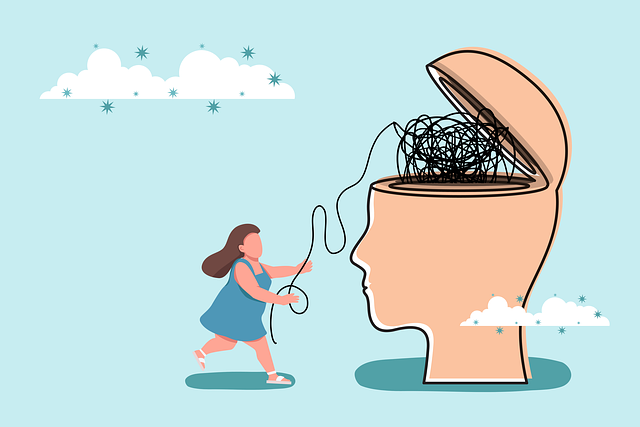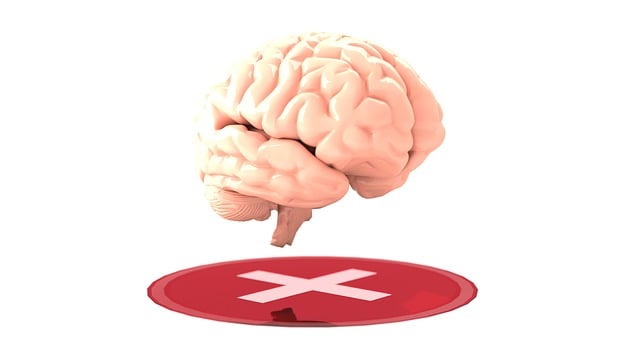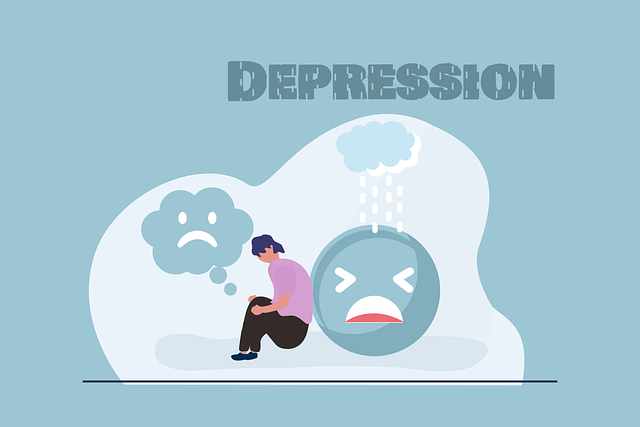Oppositional Defiance Disorder (ODD) is a common but often misunderstood adolescent condition characterized by defiance and hostility towards authority. Early intervention through tailored therapy, such as Cognitive-Behavioral Therapy (CBT), along with self-care routines, is vital. Mental health advocacy plays a crucial role in reducing stigma and encouraging teens to seek help. Effective ODD management involves CBT, depression prevention, risk assessment, community outreach, and peer support groups, fostering better family dynamics and improved mental health outcomes for adolescents.
Mental health advocacy plays a pivotal role in supporting adolescents struggling with Oppositional Defiant Disorder (ODD). This article delves into key initiatives and strategies, offering insights on navigating this challenging condition. We explore the critical role of mental health advocates, effective therapy approaches tailored for ODD, and the power of community engagement to foster support systems. By understanding and addressing ODD in teens through comprehensive therapy, we can enhance their well-being and pave a path to healthier futures.
- Understanding Oppositional Defiance Disorder (ODD) in Adolescents
- The Role of Mental Health Advocacy
- Strategies for Effective Therapy Approaches
- Community Engagement and Support Systems
Understanding Oppositional Defiance Disorder (ODD) in Adolescents

Oppositional Defiance Disorder (ODD) is a common yet often misunderstood condition among adolescents. Characterized by persistent defiant and hostile behaviour towards authority figures, ODD can manifest as frequent arguments, active resistance to requests or rules, and angry or resentful attitudes. While it may appear as simple adolescent rebellion, underlying factors such as genetic predisposition, environmental influences, or co-occurring mental health issues often contribute to its development.
Early intervention is crucial for managing ODD, focusing on therapy tailored to the individual teen’s needs. Cognitive-behavioural therapy (CBT), for instance, teaches adolescents coping skills and helps them challenge negative thought patterns. Additionally, encouraging self-care routines, including stress management techniques and regular exercise, can support overall mental health and complement therapeutic efforts. Trauma support services should also be considered if ODD stems from or is exacerbated by past traumatic experiences.
The Role of Mental Health Advocacy

Mental health advocacy plays a pivotal role in creating a more supportive and understanding society. It involves raising awareness about various mental health conditions, breaking down stigma, and ensuring that individuals receive the therapy they need. For adolescents struggling with oppositional defiance disorder (ODD), advocacy is especially crucial. This initiative can foster an environment where teens feel comfortable seeking help for their emotional and behavioral challenges.
Through advocacy efforts, including stress management workshops organized by mental health advocates, teens learn valuable coping mechanisms and gain insights into managing their symptoms. By reducing the stigma associated with mental illness, these organizations encourage open conversations and early intervention. The ‘Mind Over Matter’ principles advocated by such groups empower young individuals to take control of their well-being, leading to improved overall mental health outcomes for adolescents.
Strategies for Effective Therapy Approaches

Effective therapy approaches for adolescent teens with Oppositional Defiance Disorder (ODD) involve a combination of strategies tailored to their unique needs and challenges. Cognitive-Behavioral Therapy (CBT), for instance, has proven successful in teaching teens to identify and change negative thought patterns and behaviors. This approach encourages self-awareness, problem-solving skills, and emotional regulation, which are essential tools for managing ODD symptoms. Additionally, family therapy can significantly enhance outcomes by involving parents or caregivers in the process, fostering better communication, and improving overall family dynamics.
Integrating depression prevention strategies within these therapeutic models is crucial. Early identification of depressive symptoms in teens with ODD is key to preventing escalation. Risk assessment tools for mental health professionals can aid in screening and early intervention, ensuring that at-risk individuals receive the necessary support. Community outreach program implementation also plays a vital role, as it raises awareness about mental health issues among adolescents and their families, breaking down stigmas and encouraging help-seeking behaviors.
Community Engagement and Support Systems

Community engagement plays a pivotal role in mental health advocacy initiatives, especially when targeting adolescent teens with Oppositional Defiance Disorder (ODD). By fostering connections within support systems, young individuals can find solace and develop coping mechanisms that extend beyond traditional therapy sessions. Local community centers, schools, and faith-based organizations become essential hubs where peer support groups can be established, providing a safe space for open dialogue and emotional expression.
These community engagement efforts promote Emotional Well-being Promotion Techniques and Stress Reduction Methods, which are crucial in mitigating the symptoms of ODD. Through collaborative programs, adolescents learn valuable skills to manage their emotions, reduce stress, and enhance their overall Mental Wellness. By involving families and caregivers in these initiatives, a holistic approach is taken to ensure sustainable support for teens navigating mental health challenges.
Mental health advocacy plays a pivotal role in supporting teens struggling with Oppositional Defiant Disorder (ODD). By fostering understanding through education, advocating for accessible therapy options like evidence-based treatments tailored to adolescent needs, and building strong community support systems, we can ensure that young individuals receive the care they deserve. Effective therapy approaches, combined with engaged communities, are key to empowering teens with ODD to lead fulfilling lives. Remember that early intervention and sustained support are crucial in helping these youth overcome challenges and thrive.














